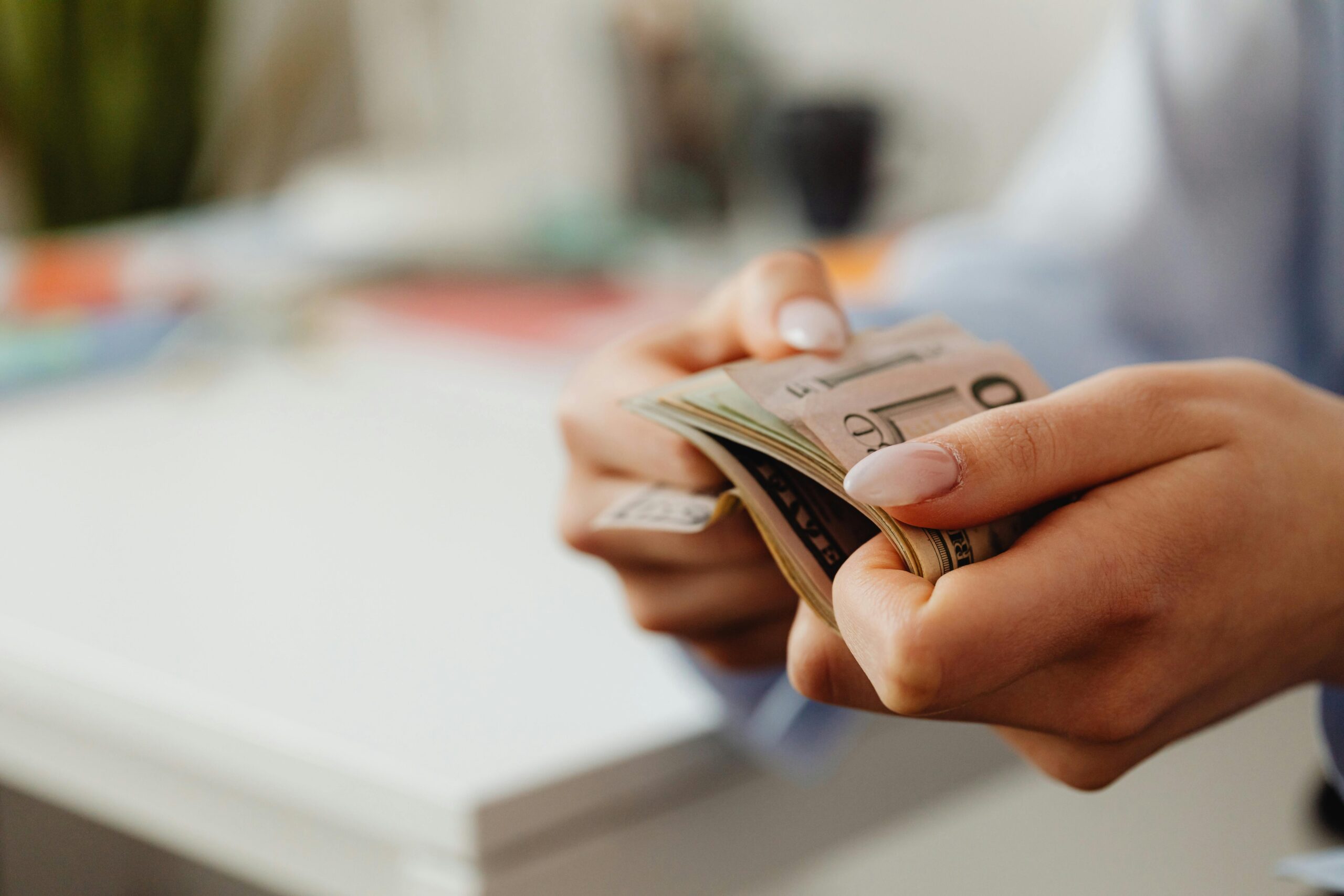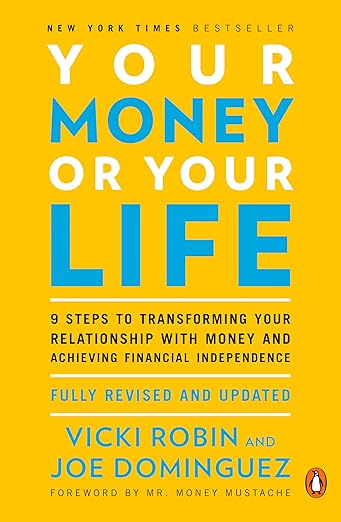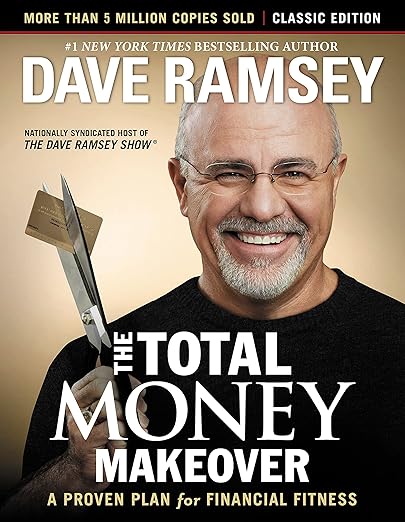Breaking Free from Payday Gambling Triggers
The notification lit up his phone: Salary credited.
For a moment, the world felt lighter. After two weeks of counting coins, he could finally breathe. But as he stared at the glowing number on the screen, another thought crept in—a dangerous one.
Some of the links on this page are affiliate links. That means if you choose to make a purchase, High Stakes Healing may earn a small commission—at no extra cost to you. We only recommend books and resources we believe can truly support your recovery journey.
Just one small bet.
The old voice whispered like an old friend. Payday had always been a celebration before recovery—spinning reels, scratching tickets, chasing that surge of adrenaline. Even now, months away from his last gamble, the urge felt just as sharp.
It wasn’t just the money. It was the ritual. The way the bank alert made his chest tighten. The muscle memory of walking to the ATM. The secret excitement of thinking no one would notice. Payday wasn’t just a deposit—it was an invitation to fall back into the cycle.
Take Control of Your Finances
Gambling often leaves financial confusion behind. PocketSmith helps you organize your money, track debt, and plan ahead with clarity. It’s a powerful step toward rebuilding stability in recovery.
Why Paydays Trigger Gambling Urges
Many in recovery will tell you the same thing: payday gambling triggers are real, powerful, and deeply ingrained. According to Gambling Help Online, payday can act like a switch for people in recovery. The brain remembers the rush, the high, the patterns built over years. Even when someone has sworn off gambling, payday can bring it all flooding back.
Common payday gambling triggers include:
- Sudden access to cash – the fuel for impulsive bets
- Emotional highs – feeling “on top of the world” with fresh money in the account
- Emotional lows – wanting to escape bills, stress, or loneliness
- Routines tied to gambling – certain places, apps, or friends that spark old habits
- The “I deserve it” mindset – turning a reward into a risk
But urges, no matter how strong, are temporary. With the right strategies, it’s possible to weaken payday gambling triggers and create new, healthier associations with money.
7 Practical Things to Do on Payday Instead
A quick note: certain links on this page are affiliate links. If you buy through them, we may receive a small commission. This helps us keep High Stakes Healing running and continue offering free recovery resources. We only share tools and books we trust to help you heal.
1. Automate the Essentials
Set up automatic transfers for bills, debt repayment, and savings so money moves before temptation can strike. Out of sight, out of reach, out of danger.
2. Do a Money Check-In
Spend 10 minutes reviewing your budget and goals. Awareness slows down impulsive spending and reminds you why protecting your paycheck matters.
3. Create a Healthy Payday Ritual
Recovery thrives on routine. Replace the old gambling ritual with something nourishing—coffee with a friend, cooking your favorite meal, or streaming a movie you’ve been waiting to watch.
Take Back Financial Control
For many people, gambling leaves behind financial scars. With the right tools and books, you can take control of debt and build a healthier financial future. Visit our Books for Financial Recovery for more on creating stability beyond gambling.
4. Have an Accountability Partner
Send a simple text: “It’s payday. I’m choosing my future today.” Sharing removes secrecy, and secrecy is where gambling once thrived.
5. Avoid Old Routes
If your past payday routine included a stop at a betting shop, ATM, or gambling app, change your route and break the pattern before it hooks you again.
6. Track Every Peso or Dollar
Use a spending app to see exactly where your money goes. Real-time awareness helps calm the emotional highs and lows that often fuel relapse.
7. Set a Visible Reminder
Write a phrase like: “My money builds my life, not my losses.” Keep it on your phone screen, your wallet, or your desk. It’s a small anchor on a big day.
Bring more calm and clarity into your recovery
Mindfulness is one of the most powerful tools for managing urges, anxiety, and emotional overwhelm. Explore these supportive resources from Mindfulness Content:
- Guided Meditation App — soothing sessions to ease stress and support daily grounding.
- Meditation Scripts Library — create your own calming practices anytime.
- Meditation Music Library — peaceful soundscapes for journaling and emotional healing.
A Final Word on Payday Gambling Triggers
Breaking the payday-gambling link isn’t about sheer willpower—it’s about building new habits, step by step, until payday becomes just another part of life, not a test of survival.
Every time you choose to protect your paycheck, you’re not just saving money. You’re reclaiming control, self-respect, and the life you’ve been working to rebuild. Payday gambling triggers may always whisper, but they don’t get to decide your story anymore.
If today is payday and the urge is loud, pause. Breathe. Choose one small action that keeps you on track. You’ve worked hard for your money. Now let your money work hard for you.
Continue Your Recovery Journey
Have your own story about facing payday gambling triggers? We’d love to hear it. Submit your story here and help others see that recovery is possible.








